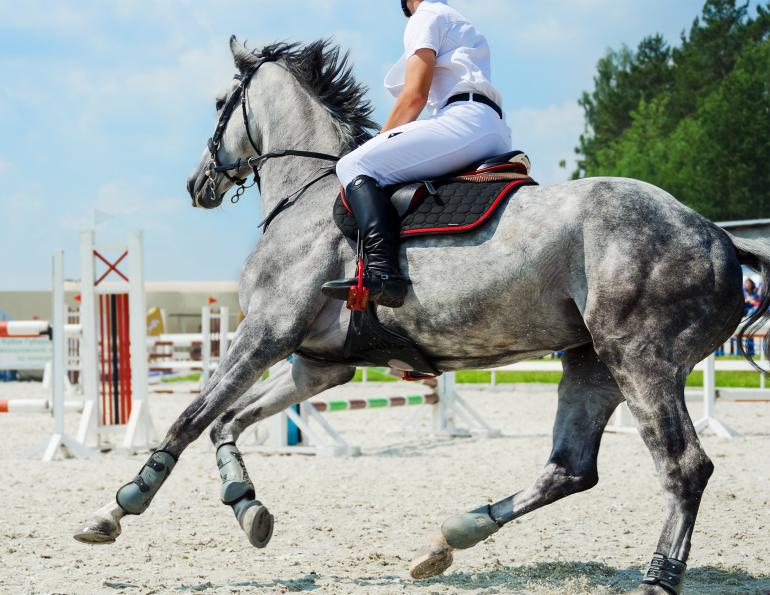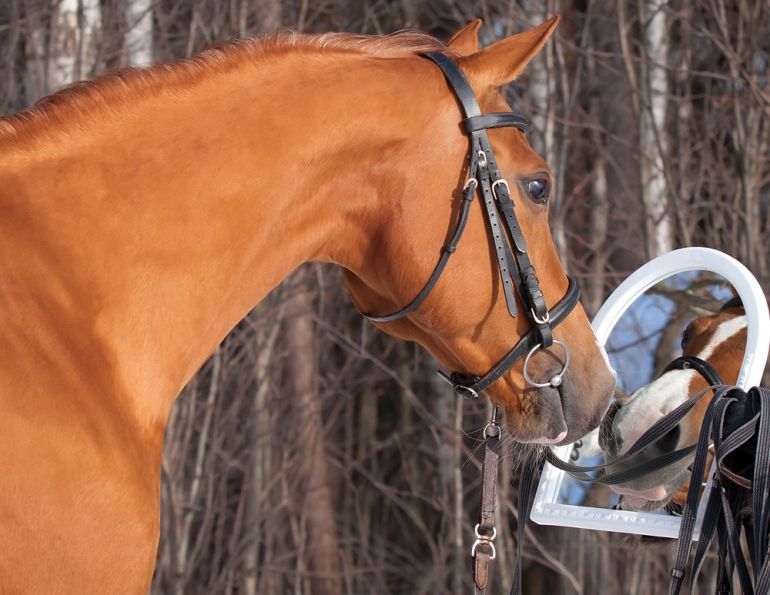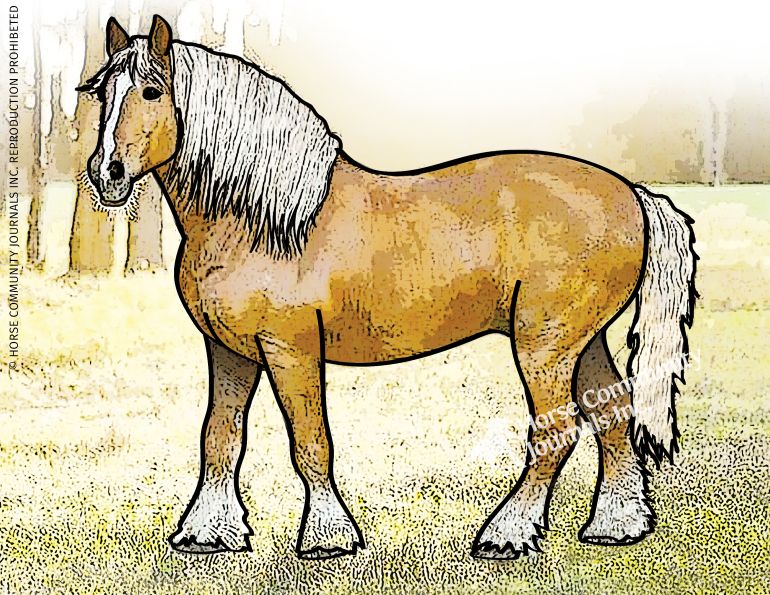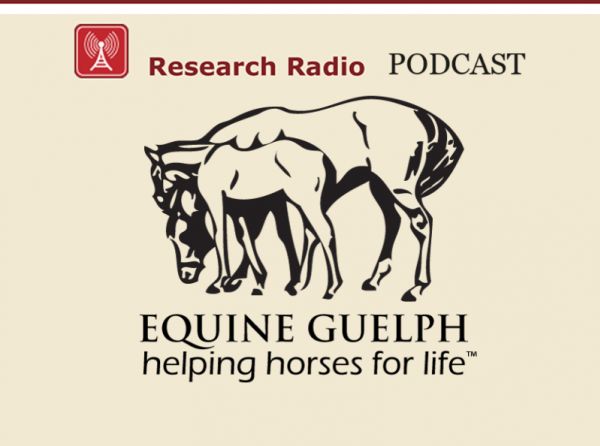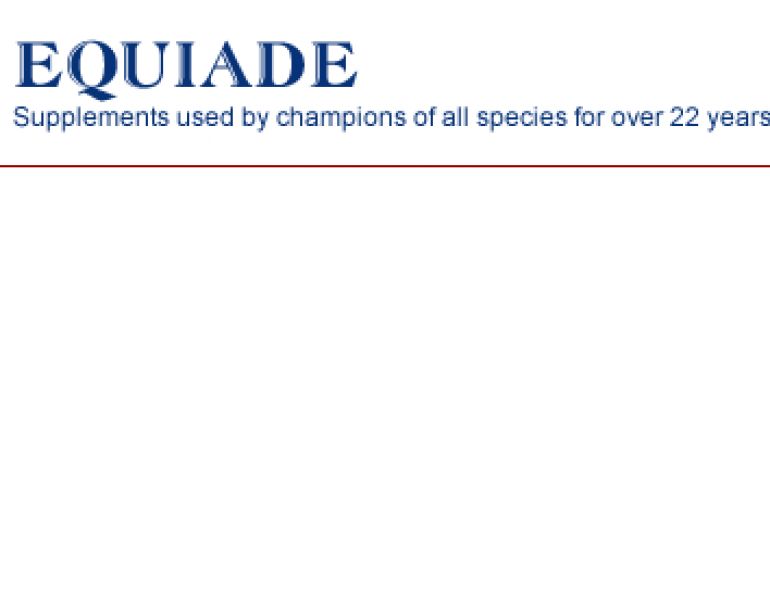By Mark Andrews
Thoroughbred racehorses have been bred with one purpose in mind — racing. It is often thought that their temperament may result in erratic or dangerous behaviour making them unsuited to other disciplines.
Lillian Hellmann, based at the Equine Genetics and Genomics Group at the University of Sydney, Australia, and colleagues conducted a study to see if such perceptions are justified.
The study assessed the behavioural differences, as noted by the owners, between Thoroughbred horses bred for racing that entered an alternate discipline after retiring from racing, and horses of other breeds. A full report is published in Applied Animal Behaviour Science.
The authors analysed data from 313 horses compiled using an online questionnaire.
Responses were received from a total of 25 countries, with the majority coming from Australia, the United States, and the United Kingdom.
Horses included in the study were used in four main disciplines: dressage, eventing, show jumping, and recreational riding.
The analysis revealed few significant differences in behaviour reported by the owners between horses bred for racing and those bred for other pursuits.
Interestingly, and perhaps surprisingly, the researchers reported that where differences did occur, it was generally the Thoroughbreds that were thought to behave more favourably.
They report that owners considered Thoroughbreds showed more “dominance/aggression” than horses bred for other disciplines. Despite that, Thoroughbreds were seen as more social and were reported to show higher levels of self-control.
They suggest that as the average age of a racing Thoroughbred is well below that of horses competing in other disciplines, perhaps the dangerous reputation of Thoroughbreds is more a reflection of their youth and relative inexperience rather than purely breed predisposition.
They conclude: “Although this study does suggest some potential distinctions between the behaviors of Thoroughbreds and horses bred for other disciplines, the notion that Thoroughbreds may be unsuitable for certain disciplines based solely on their behaviour and associated temperament is not supported.”
Related: Second Careers for Racehorses
For more detail, see: Owner-perceived behaviour in thoroughbred horses in secondary careers – A pilot study
Published with the kind permission of Mark Andrews, Equine Science Update.
Photo: Shutterstock/LiniaS



